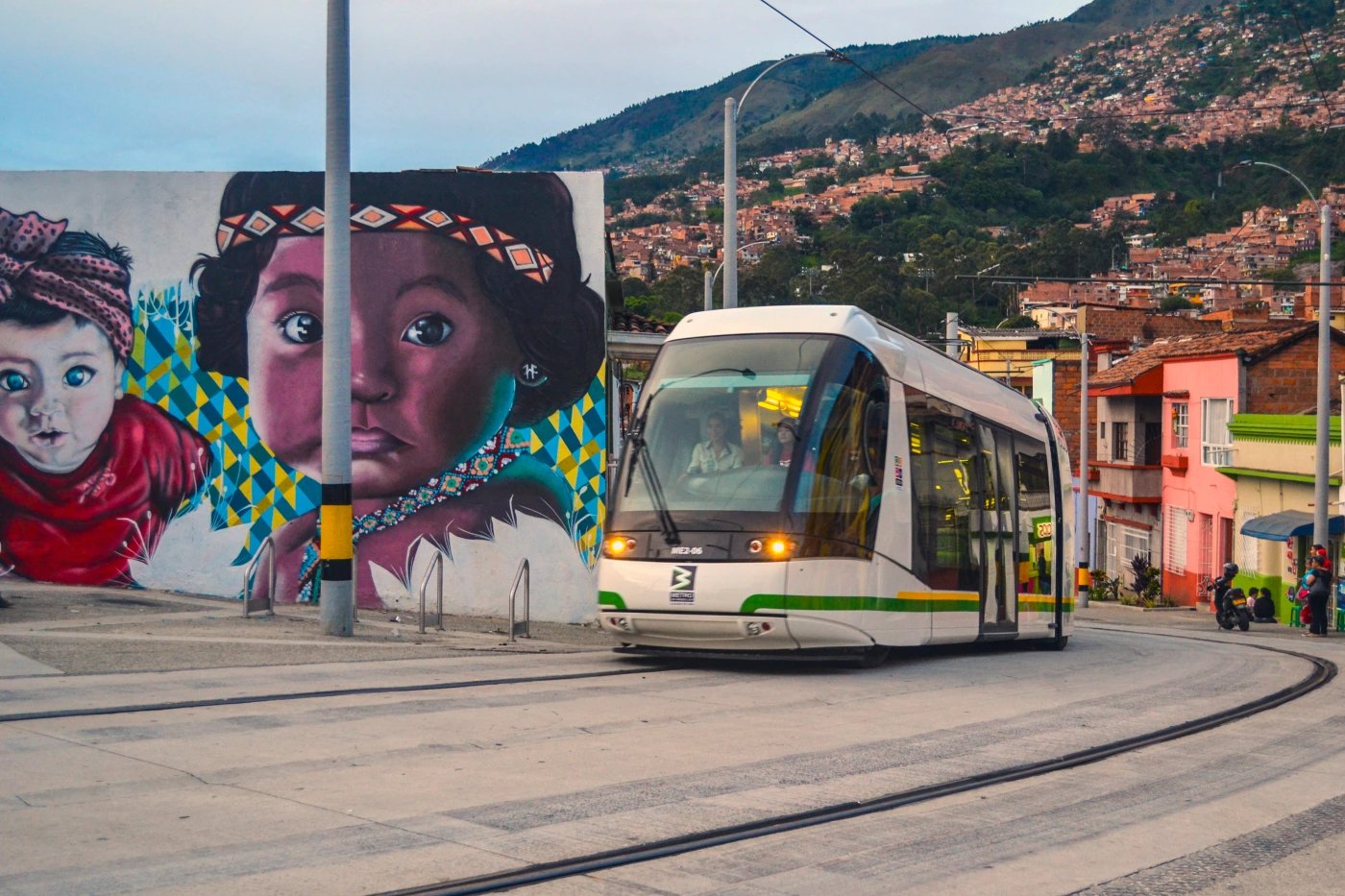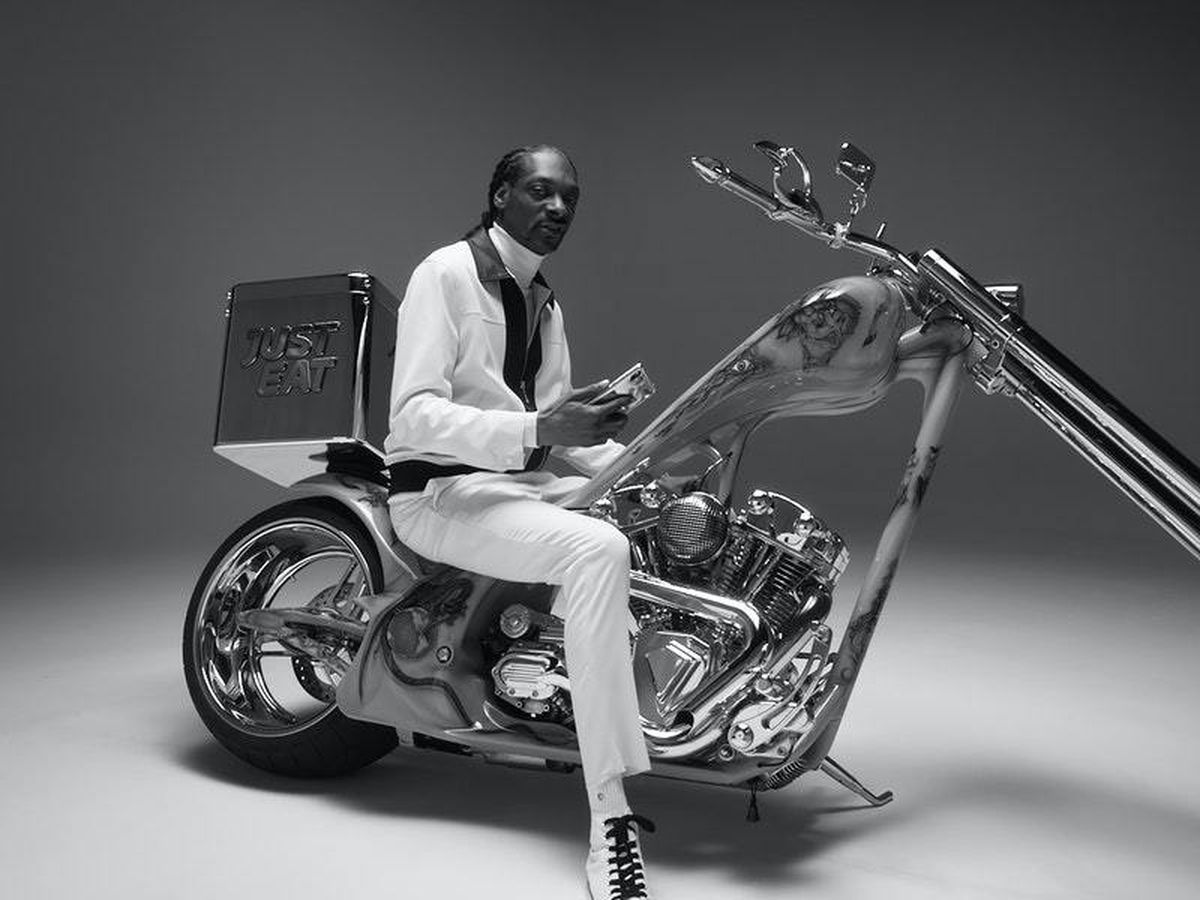When I interviewed for my role at Loqiva, I was asked a question that I wasn’t ready for: “What makes a good community?“
And it got me thinking… Why do some communities work and others fail? Why do you hear about neighbourhoods where nobody worries about locking their front door, and others where people don’t go out alone after dark? In 2022, are people still connected; and, perhaps by extension, do they care about their place?
Loqiva claims to be trying to create happier, more prosperous places. I’m curious about what role technology can play in helping us identify with where we live. How can it drive loyalty and encourage collaboration in towns when half of us are hiding behind the curtains?
I thought I’d turn the questions on Loqiva’s co-founder, Barry Conlon (pictured above), to see if he could enlighten me about all things community, tech and loyalty…
Tejan Pereira – Barry for starters since we’re talking about community…where’s your “place”?
Barry Conlon – I grew up in Dublin. I then spent 15 years living in other countries, in England, France, Italy and Australia. But I’m in Dublin again now, back to my roots!
TP – If we were to get a bit more philosophical then…what does the idea of community mean to you? How do you define it?
BC – Well, at a simple level, there’s the Pleasantville version. Popping over to the neighbours to borrow some jump leads or a pint of milk.
But really a community is any movement that we’re part of that’s bigger than just us. Some communities can be based on your geography, like your local neighbourhood, others on your interests or your shared beliefs. Some are physical, some online. For every weird and wonderful theory you might have about the shape of the world or how the Royal Family are actually vampires, there’s a group of people out there who’ve got your back. Every saucepan has a lid - as my granny used to say.
Also, we may be part of multiple communities at the same time. Including some that we’d rather not be in, like taxpayers or EU members (eek, awkward Brexit reference.) And like every neighbourhood, there are pros and cons of participating or abstaining. Most of us want the a la carte version – give me buckets of community spirit but nice high garden walls too.
TP – Ha! Following on from that then, is there something that stands out about your community?
BC – I think Ireland has traditionally held strong values around support and fellowship, like many countries that were historically poor.

Sport has been a great social glue. And the GAA (Gaelic Athletic Association) has harnessed that idea brilliantly! It’s the largest sporting organisation in the country and they describe themselves as ‘part of the Irish consciousness.’ Which is about right as they really tap into community, local pride and volunteerism.
You could have a local game of hurling between two small parishes down the country and 20,000 people would turn up to watch it. That’s the kind of engagement that comes from 150 years of immersion into the DNA of a place. Totally unique and not replicable.
TP – Don’t think we’d quite have that turnout at a Sunday League game. How about abroad? Have you been struck by other cultures’ concept of community?
BC – A few years ago, I took a year out and travelled across Asia and South America. I got some great insights into the idiosyncrasies and charms of other cultures.

I remember being in Medellin in Colombia and being taken on a guided tour of their metro system. Here’s this bustling city with a history going all the way back to the Conquistadores and they want to show me their tram? But they were so proud of it. It was built during the Escobar years as the city was under siege, so it came to symbolise their resilience and grit in the face of adversity. Each carriage was spotless; you could have eaten your lunch off the seats.
In some form, every community has its own metro. A symbol of the values that they identify with. Something to rally around. There used to be national flags and anthems, and that was it. Now most countries have official national animals, dances and trees (A Lion, Morris Dancing and the Oak for England if case you were wondering!) in addition to local identifiers like palaces and statues.
People can get very emotional about these symbols. As you’ll find if you try to eat beef in India, or climb Ayer’s Rock in Australia.
TP – Over the last 10 years, we’ve heard more and more about the rise of individual and the erosion of the community. How do you respond to that?
BC – Well, western societies in 2022 are increasingly individualistic. I don’t think it’s controversial to say that – the glorification of wealth and personal status is blasted at us from every screen.
But I don’t believe that the rise of the individual is entirely negative. We’re not all aspiring to be real housewives or selling mansions in Beverly Hills. That’s the extreme end of the scale alright, but there are benefits too.
Individualistic cultures tend to be more open towards diversity and self-expression, which makes them more welcoming places for minorities. And they place greater emphasis on personal development and the right to privacy.
If you have grown up in our culture, then these values are probably important to you. And arguably not worth sacrificing in favour of the greater social cohesion experienced in more collectivist cultures. Something I imagine the demonstrators in Hong Kong would agree with.
TP – Going back to community then, critics of localism argue that we are no longer part of local communities, we are now part of these large international communities talking to people all over the world…
BC – We want it when it suits us. We want global brands at our fingertips, but we also want our favourite local restaurant to thrive. We want data privacy, but we also want to know what the traffic is like on the way to the airport.
As I said before, we can be part of multiple communities at the same time. The local and global community aren’t mutually exclusive.
Most of us try to cherry pick the best of both worlds. I saw a video last week with a guy on the street describing the British experience. Something like:
Being British is all about driving a German car to an Irish pub to drink Belgian beer and then going home with an Indian takeaway to sit on a Swedish sofa in front of a Japanese television and watch American shows…all the while being suspicious of anything foreign…
This probably applies to every nation to a greater or lesser extent. We all want to support our local place, but we are also price sensitive and information poor. Every time we shop, either in person or online, we make a (conscious or subconscious) decision about whether it’s worth paying an extra 50 pence for locally grown tomatoes or £5,000 for a locally made car. We may not be aware of the cumulative effect of these decisions, but there is one.
But the biggest barrier to shopping locally isn’t cost, it’s imperfect information. How do you know what goods your local shops have in stock, what their returns policy is, what their delivery times are? When this information is available, it’s hard to find. We’re all busy people, we don’t have hours and hours to search online for information that Amazon can present to us in seconds. Convenience wins over loyalty.

In such a skewed market, what chance do local businesses have against multinational companies that can hire Snoop Dogg to sing their jingle?
TP – It’s actually Katy Perry now. Is this turning into Barry’s rant against globalisation?
BC – Ha! No, I think that horse has bolted. Globalisation is here to stay.
I guess it’s just about having a fair fight. Get the playing field as level as we can possibly make it.
I’m reading a book at the moment called Chokepoint Capitalism. It’s about how the big tech companies like Google, Facebook and Amazon buy up their competitors to the point of monopoly. They lock in their customers, then they start squeezing the creators and makers, who need access to their market in order to sell.
The small businesses are stuck. The last thing they need is another tech company with its hand in their pocket, but what choice do they have? They need to reach their customers so they lower their prices until they’re pretty much selling at cost. Same principle with food delivery and online advertising. It’s a shake down.
Ideally, the whole marketplace should be transparent. Consumers should know where their money is going. Like, if they’re ordering dinner off Deliveroo then the restaurant is probably getting around 70% of their money. If they order their Christmas presents on Amazon then that number could be anywhere between 55% and 80%.
To state the obvious, if you walk into your local shop and hand them cash over the counter then the shop is getting 100% of your money. You’ll be thanked for making the extra effort.
TP – So in respect of the economic model of 2022, technology is kind of the problem as well as the solution?
BC – I would say it contributes to both. At the end of the day, it’s just another channel that connects sellers with buyers. And although it doesn’t have the benefits of a physical shop, like being able to touch and see an item, or talk to a shop assistant, it has something much more powerful – data.
TP – Your digital footprint?
BC – Yep, your web browsing history, online shopping, product reviews, IP address and credit card transactions. Couple that with the Google Home or Alexa questions you shout out every day. Add in your loyalty program memberships and the TV shows you watch. It’s quite the trail of breadcrumbs.
How you feel about all this probably depends on your attitude towards privacy and technology. Do you care that Amazon knows you’re almost out of razors? Or that next week’s humid weather will make your hair frizzy causing you to need extra hair spray?
I read a blog recently about a guy who requested all his personal data from Amazon. Which they are legally bound to provide to him. His own file amounted to a mountain of data, over 1GB in total, which included transcripts of every single Alexa instruction since he installed the device. He found that they track 67 different metrics related to each search, from what he put in his cart, to the device he was using and how he had made his way on to their store.
TP – I guess then, is this a bad thing?
BC – Amazon would say they need this information to make the user experience better, to push relevant products to you. You’re a buyer, so you’re going to be targeted one way or another, it may as well be stuff you’re interested in. And weren’t you the one who invited Alexa into your home?
Which is all fine as long as the data is securely stored and used only for such nice benign and useful purposes. But the big tech companies have fallen short in this regard. They seem unable to keep our information secure from hackers. Which is putting it charitably. Sure, last week Facebook was fined €265m by the Irish Data Protection Commission. And Google, Whatsapp, and Amazon have all had monster fines in the last few years.
TP – This feels like it has happened before, although the fines do seem to be getting bigger. Do you think these companies will finally change their ways?
BC – Probably not from the fines alone. More from the public sentiment. That will have more of an effect on their bottom line. Voting with your digital feet, as it were.
And that’s another difference between technology and physical retail. Loyalty. People can get very attached to their John Lewis or Waitrose or whatever, but their engagement with online platforms is much more functional.
I happened to be in Austin Texas in 2016 when Uber pulled out of the city. The local government had introduced legislation requiring all drivers to be fingerprinted in order to work. There was deadlock for months. Uber launched a big PR campaign to get the citizens behind them. Their view was, the city will surely back down because the people of Austin love our company so much.
But the city held firm. So Uber left, pretty much overnight. And within days, new ride sharing apps were handing out leaflets on the street. All of them willing to submit their drivers to fingerprinting. And Uber’s former customers and drivers just moved on, no mass protests.
In this case, people loved the functionality of Uber, not so much their brand. If another company can replace that functionality, or improve on it, then users will happily switch.
TP – Sounds like the magic formula is great tech + community + loyalty?
BC – Now if only there was a company working on that…